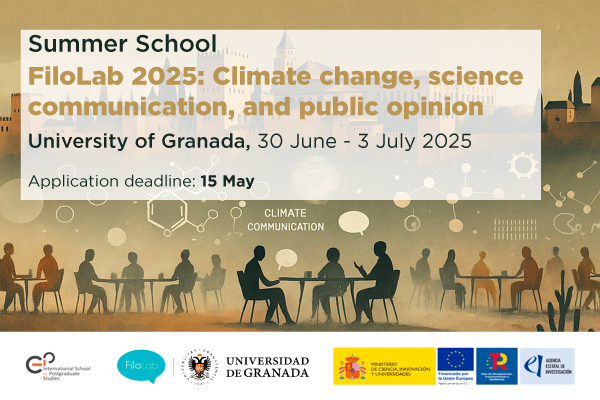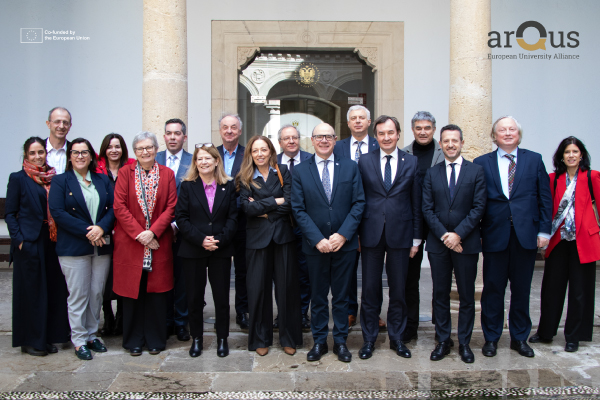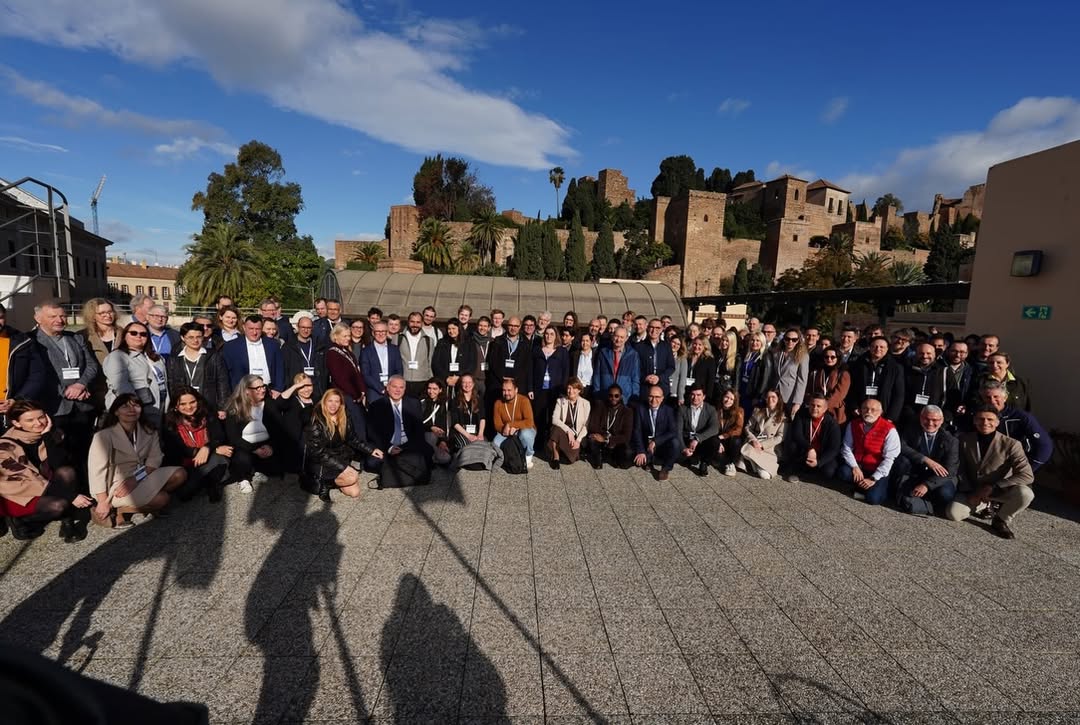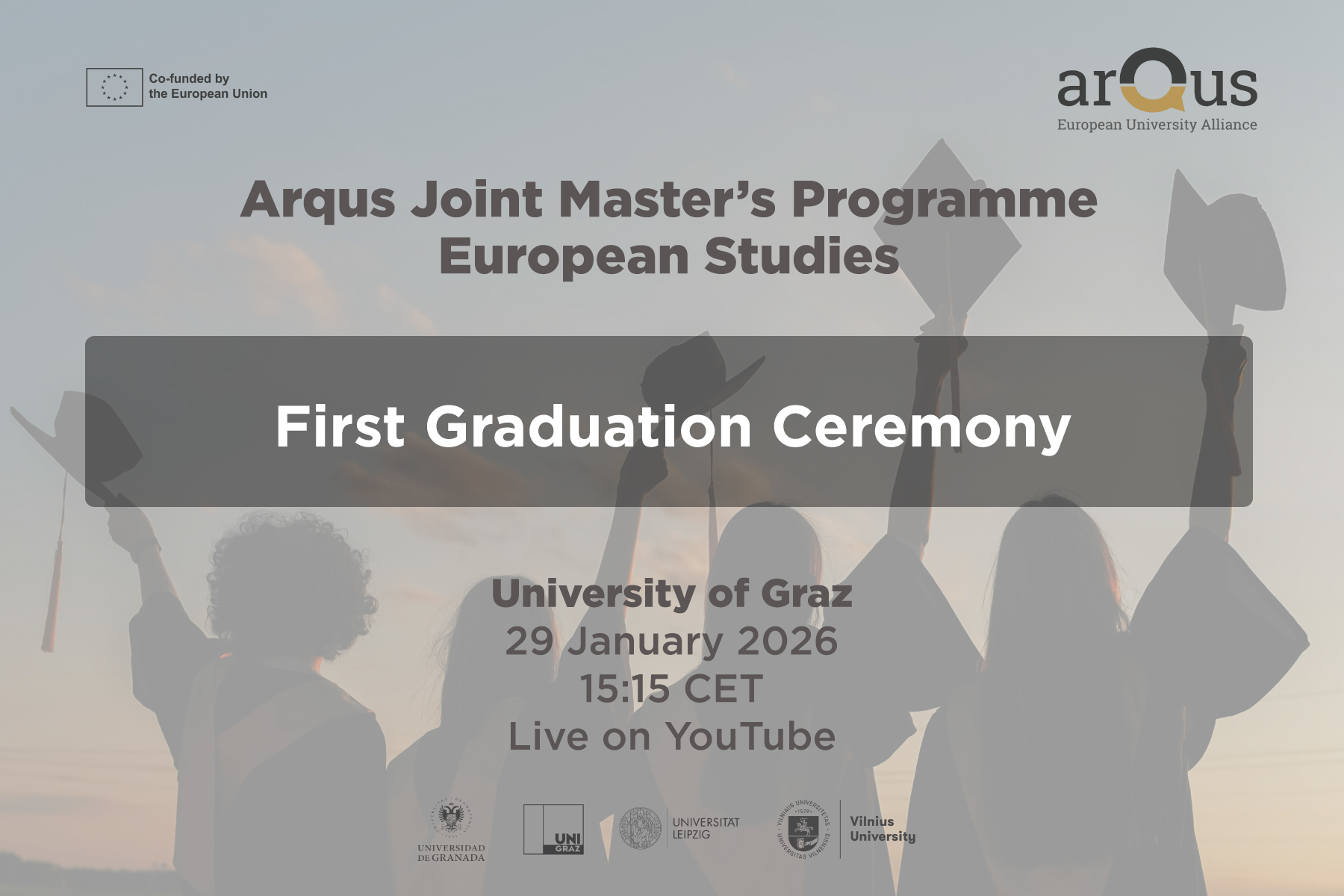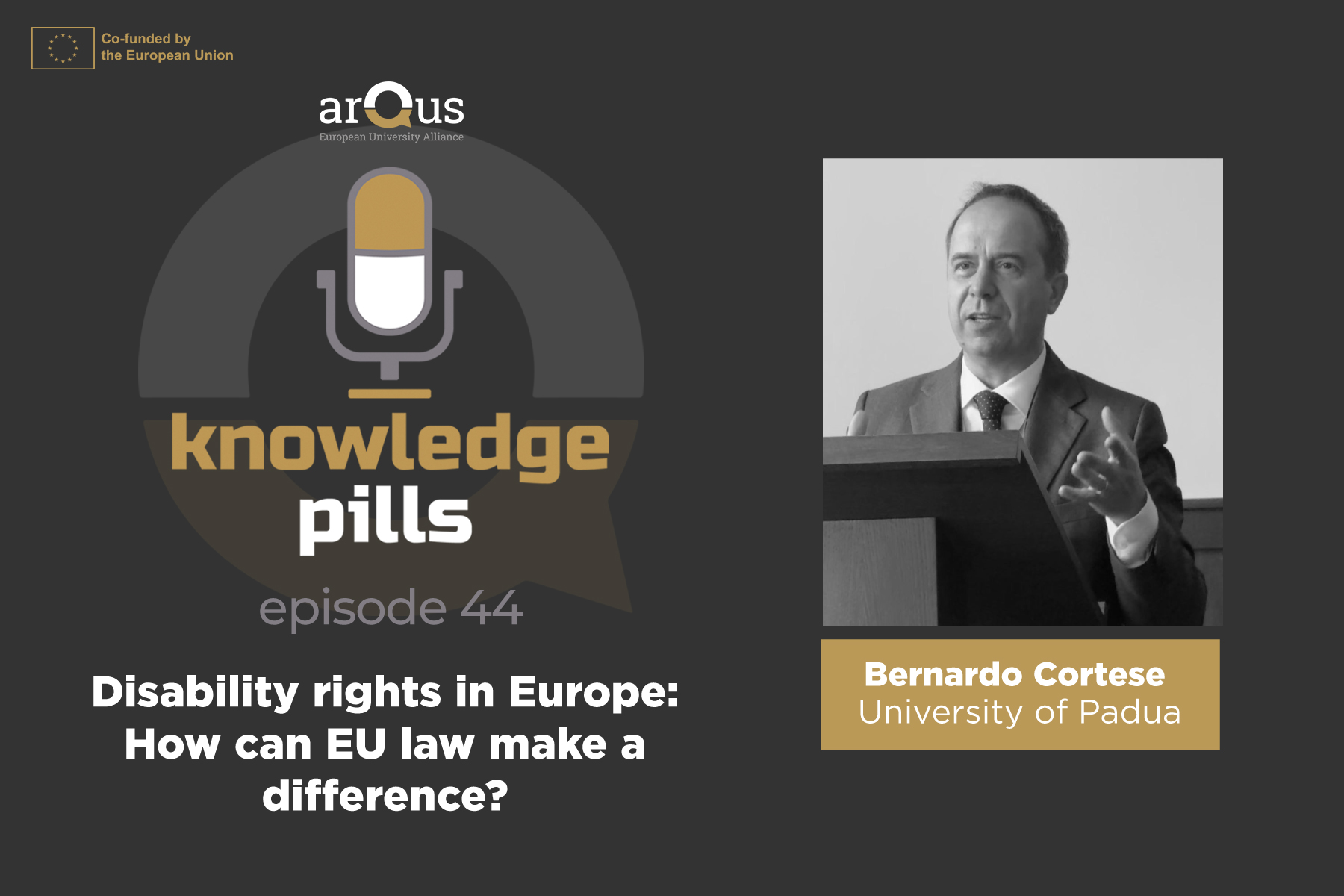The 2024 Global Risks Perception Survey identified misinformation, extreme weather, and societal polarization as the most urgent short-term risks. The 2025 edition maintains these among the ten most severe global risks in the medium term and reaffirms that five of the ten most cited concerns relate to climate change.
Future policies addressing climate change will inevitably be controversial. Their implementation will require compromises among multiple stakeholders and possibly a transition toward new sustainable models. Given the urgency of the measures ahead, an increase in polarization on these topics is highly likely. A polarized public opinion reduces the chances of achieving coordinated action through deliberative processes, making it more difficult to implement essential climate policies. Additionally, resistance to climate action will exacerbate the negative effects of polarization on contemporary democracies, especially when regulation is needed in areas of high or perceived uncertainty.
If we are to develop effective strategies for deliberating on uncertain and highly controversial climate policies, we urgently need science communication models that successfully promote public support—both for scientific research funding and for climate policies entailing significant public costs. Achieving this goal requires insights from multiple disciplines. It is essential to understand the dynamics of public opinion and social norms, the challenges of science communication on uncertain and controversial topics, and the effects of public discourse and deliberation on stakeholders with diverse interests. The purpose of this Summer School is to contribute to the advancement of this international, multidisciplinary research effort.
